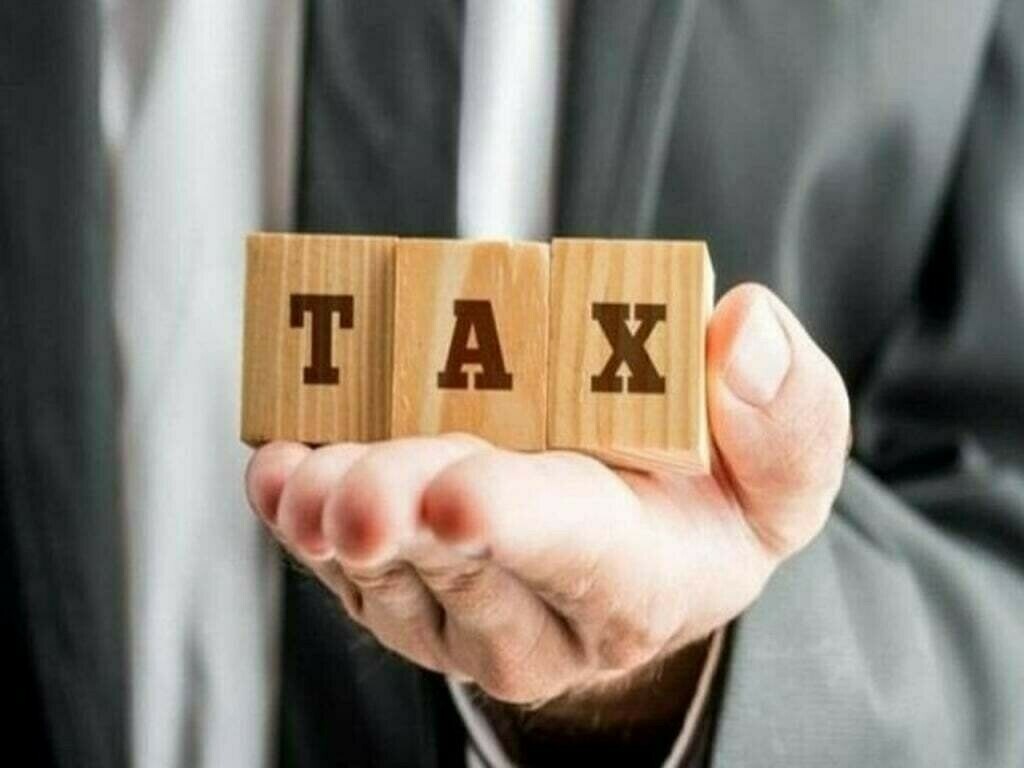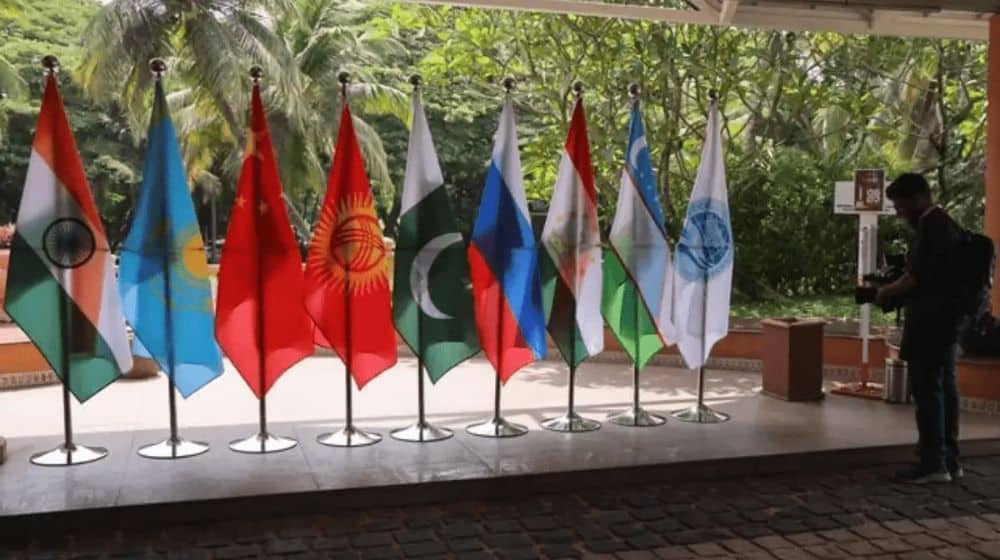Pakistan’s economy is at a crucial crossroads, striving to attract investment, boost employment, and reignite growth. However, certain tax policies, such as the Super Tax, are hindering these efforts by placing excessive burdens on the formal business sector and discouraging new investments.
Originally introduced as a temporary measure to address fiscal needs, the Super Tax has been extended multiple times and expanded to cover over 15 key industries. These industries are vital to employment, exports, and foreign direct investment (FDI). What began as a short-term solution has now become a persistent obstacle to economic progress.
The Super Tax has significantly impacted critical sectors. In the textile industry—one of Pakistan’s largest employers and export earners—effective tax rates on exporters exceed 43%, with total taxation surpassing 57% in some cases. The All-Pakistan Textile Mills Association (APTMA) has condemned the tax, stating it undermines domestic value addition and export growth. The cement industry also faced a 25% drop in dispatches in August 2024, influenced by the Super Tax alongside a 100% increase in Federal Excise Duty.
This heavy tax load discourages investment amid challenges like high inflation, policy uncertainty, and a shrinking GDP. The fertilizer sector, essential for food security, warns that excise hikes and the Super Tax have pushed production costs higher, increasing prices for key agricultural inputs by Rs125 to Rs470 per bag.
Sectors such as oil and gas, chemicals, and steel have also seen dwindling profits due to the Super Tax. Oil and gas profits dropped from 8.7% to 8.2%, steelmakers from 9% to 3.3%, and chemical manufacturers from 11.5% to 10.4%. Instead of driving economic recovery, these industries are being weighed down by excessive taxation.
READ MORE: Punjab Government Imposes Section 144 Near Airports, Airbases Ahead of Eid-ul-Adha
Industry feedback and economic data clearly show that the Super Tax dampens business confidence, adding to the overall tax burden and limiting funds available for expansion, innovation, and employment. It also pushes some companies toward informal operations, widening the gap between the formal and informal economies.
Many foreign investors advocate for a phased removal of the Super Tax. Experts suggest starting with a 50% reduction in 2024 and a full withdrawal by 2025. Higher corporate taxes reduce returns on investment and deter both local and international investors. Frequent changes in tax policy further increase uncertainty, which businesses avoid.
Abdul Aleem, Chief Executive & Secretary General of OICCI, stated, “Phasing out the Super Tax over the next three years, starting with a reduction to 6% in 2025-26, then 3% in 2026-27, and full elimination by 2027-28, will ease financial pressures on compliant taxpayers. This will improve Pakistan’s business climate and signal the government’s commitment to stable fiscal policy and economic growth.”
Eliminating the Super Tax would demonstrate Pakistan’s dedication to fostering a stable, growth-friendly tax environment. It would free up resources for companies to invest in development, machinery, workforce expansion, and skills training—crucial components for long-term economic recovery. Notably, Pakistan’s corporate tax rates are already among the highest regionally, and compliant taxpayers face multiple levies. The Super Tax intensifies this pressure, risking capital flight or downsizing.
Additionally, the current tax system penalizes the documented sector while allowing the informal economy to remain largely untaxed, distorting competition and discouraging new businesses from formalizing.
A fairer tax structure focused on compliance and broadening the tax base—rather than burdening existing taxpayers—would foster a healthier economic environment. The Super Tax has outlived its purpose; a gradual phase-out is a pragmatic and growth-oriented move that can unlock investment, create jobs, and enhance Pakistan’s regional competitiveness. Removing such policy barriers is vital for Pakistan to position itself as an attractive destination for capital.
This article is authored by Zirwa Zainab, a freelance writer specializing in income tax policy and economic affairs.




